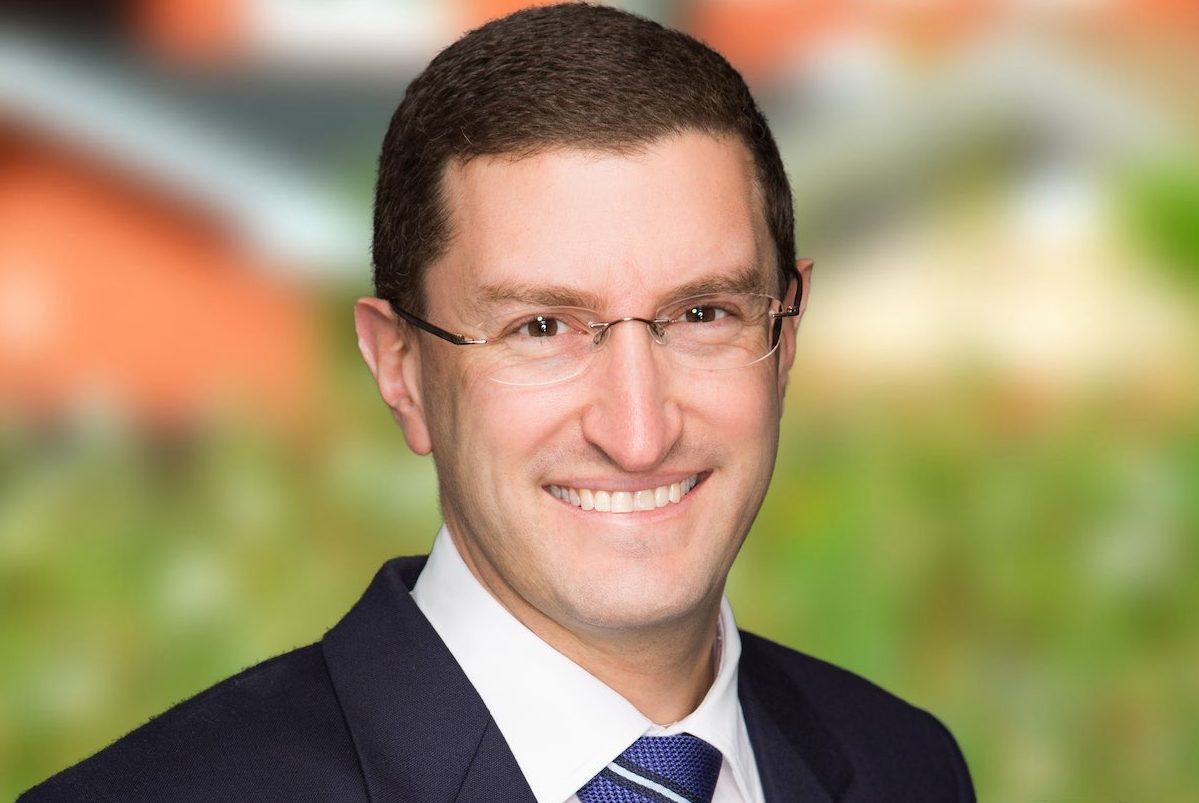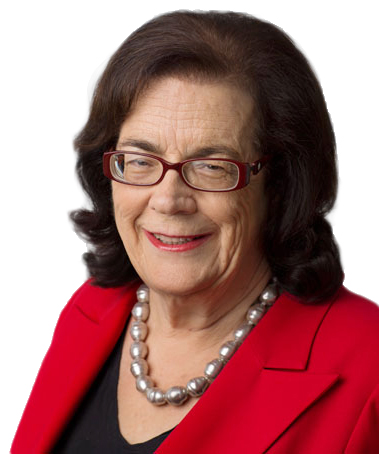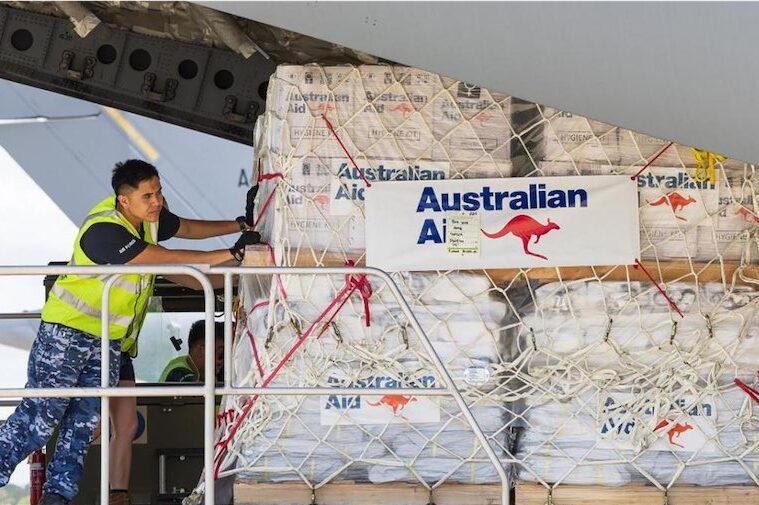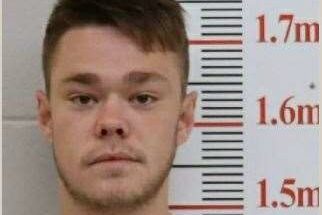
MICHELLE GRATTAN reports that the Liberals will meet to discuss their position on the Voice on Wednesday, with Julian Leeser favouring campaign freedom for senior figures.
OPPOSITION spokesman for Indigenous Australians Julian Leeser has delivered a detailed critique of the government’s Voice proposal, ahead of Wednesday’s special Liberal Party meeting to determine its stand.

Leeser, a long-time supporter of the Voice, also flagged he would like to see shadow ministers given the right to support either side at the referendum.
Asked about the republic referendum where senior Liberals were free to support the yes or no case, Leeser praised that approach. “I think the proposal during the republic referendum was good.” But he said he did not want to pre-empt the party room discussion.
Opposition Leader Peter Dutton has hardened his rhetoric on the Voice proposal in recent weeks, and Liberal sources say there is a majority against it in the party room. The Nationals have already come out in opposition.
Leeser, addressing the National Press Club, argued that if there was a danger of the referendum failing, it should be withdrawn – something Prime Minister Anthony Albanese has emphatically ruled out.
“I wish the referendum was in a better place than it is,” Leeser said. But the government was “mucking it up” by not trying to find common ground and not trusting Australians with all the facts.
Leeser attacked the government’s approach for being “top down”, urged a “ground up” model, and called for an extensive change to the wording of the proposed insertion into the constitution.
He said the opposition supported “local and regional voices”, saying that funding for these should be in the May budget.
“Any national voice must be deeply connected to the local and regional voices across Australia and it would have been better if the national voice was settled by reaching a bipartisan legislated consensus before we went to a referendum,” he said.
But the local and regional had “been forgotten by the government, ignored even in the Voice design principles released last week”.
Leeser also said one clause of the proposed constitutional change should be deleted.
The government’s proposed new section reads:
In recognition of Aboriginal and Torres Strait Islander peoples as the First Peoples of Australia
There shall be a body, to be called the Aboriginal and Torres Strait Islander Voice
The Aboriginal and Torres Strait Islander Voice may make representations to the Parliament and the Executive Government of the Commonwealth on matters relating to Aboriginal and Torres Strait Islander peoples
The Parliament shall, subject to this Constitution, have power to make laws with respect to matters relating to the Aboriginal and Torres Strait Islander Voice, including its composition, functions, powers and procedures.
Leeser said the second clause, covering representations, raised three questions: Who could the Voice talk to? What could it talk about? What did it mean to make representations? The answers to these questions were currently unclear, Leeser said.
It wasn’t enough to say these questions would be dealt with later by legislation. “You can’t out-legislate the constitution,” he said.
“I raise these issues not only at a technical level, but a political one as well. Because this clause will be the rallying point for the no campaign.
“For those that want the referendum to succeed, it puts the broader constitutional question at risk.”
He also warned about the proposed reference to Aboriginal and Torres Strait Islander peoples “as the First Peoples of Australia”.
This was “a symbolic statement that sets out an incontrovertible fact”. But it raised the question of what the term implied at law. “The Constitution is not a good place for historic or symbolic statements, however well-meaning, as those statements have a legal effect and will be subject to judicial interpretation in ways that we cannot imagine”.
Anthony Albanese accused the opposition of “an attempt to undermine the prospect of a successful referendum”.
Albanese, in his tribute following the death of highly-respected indigenous leader Yunupingu, a former Australian of the Year, said that at the Garma festival last year, after he announced the details of the referendum, Yunupingu had asked him, “‘Are you serious this time?’ I replied: ‘Yes, we’re going to go for it.’
“When I spoke with him just over a week ago, I told him I was confident we would get there. This brought him some comfort, as did his totems of fire and baru, the saltwater crocodile, which watched over him in his final days,” Albanese said.
“We mourn with his people today. And we pay tribute to a lifetime of advocating for the rights of Aboriginal people in this country.
“He was a key focal point of the development of the Uluru Statement from the Heart. […] And when that happened in 2017, he spoke about lighting a fire. I think that today is a day that I certainly recommit myself to do everything we can to make sure that that referendum is carried at the end of this year.”![]()
Michelle Grattan, Professorial Fellow, University of Canberra. This article is republished from The Conversation.
Who can be trusted?
In a world of spin and confusion, there’s never been a more important time to support independent journalism in Canberra.
If you trust our work online and want to enforce the power of independent voices, I invite you to make a small contribution.
Every dollar of support is invested back into our journalism to help keep citynews.com.au strong and free.
Thank you,
Ian Meikle, editor




Leave a Reply